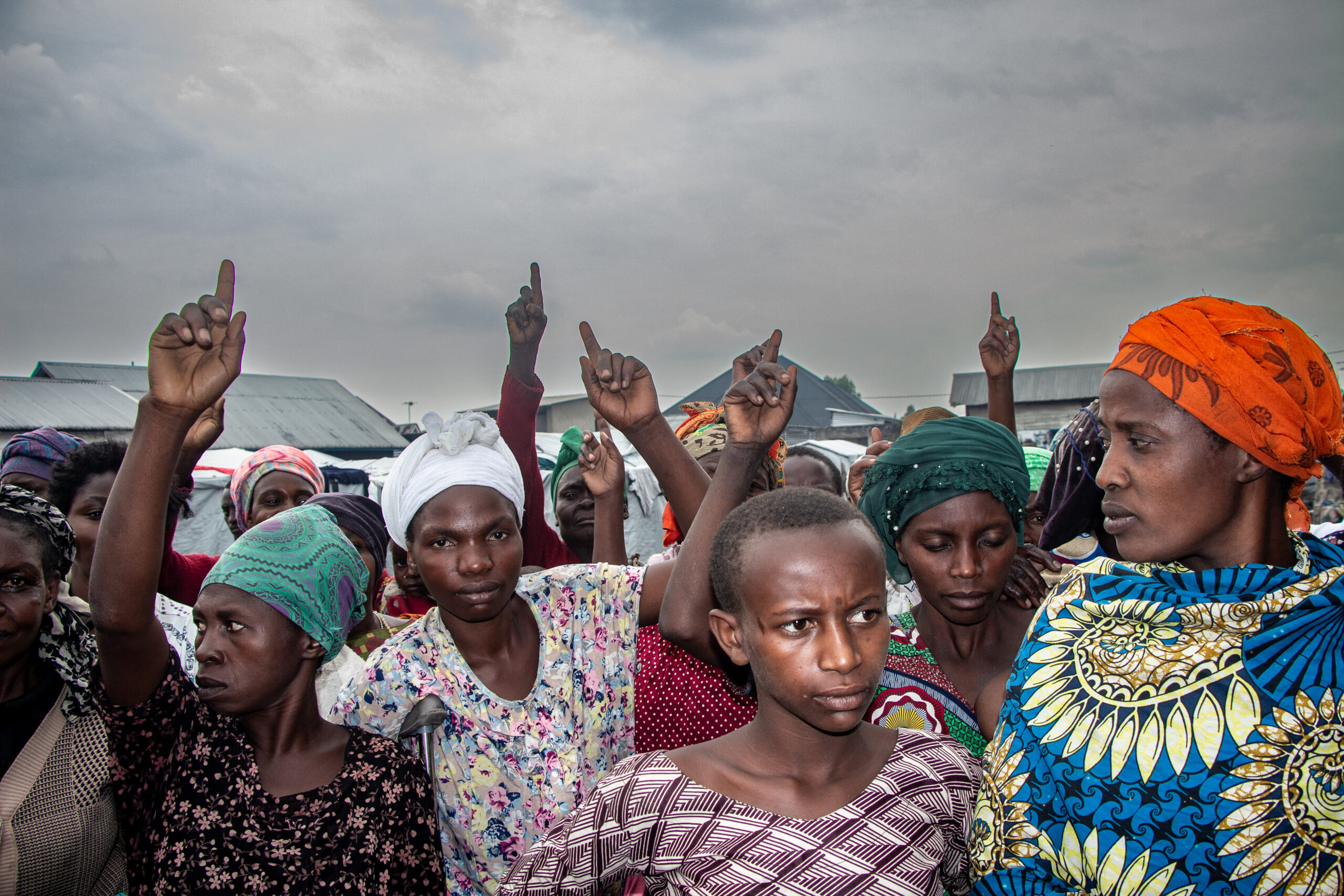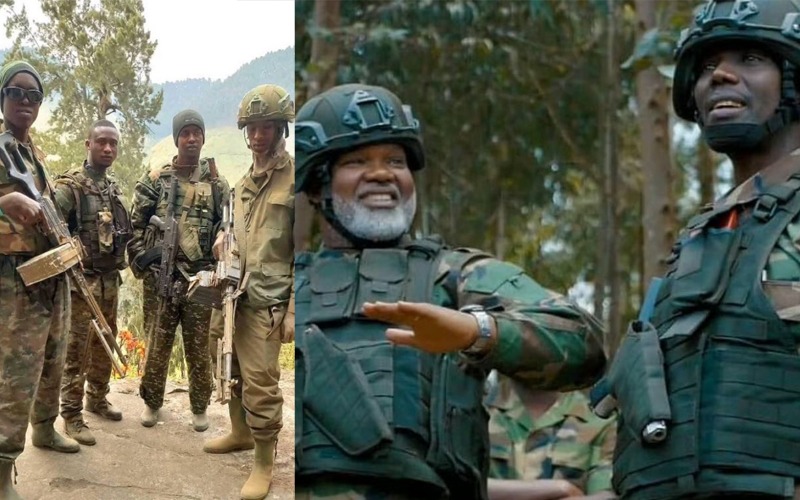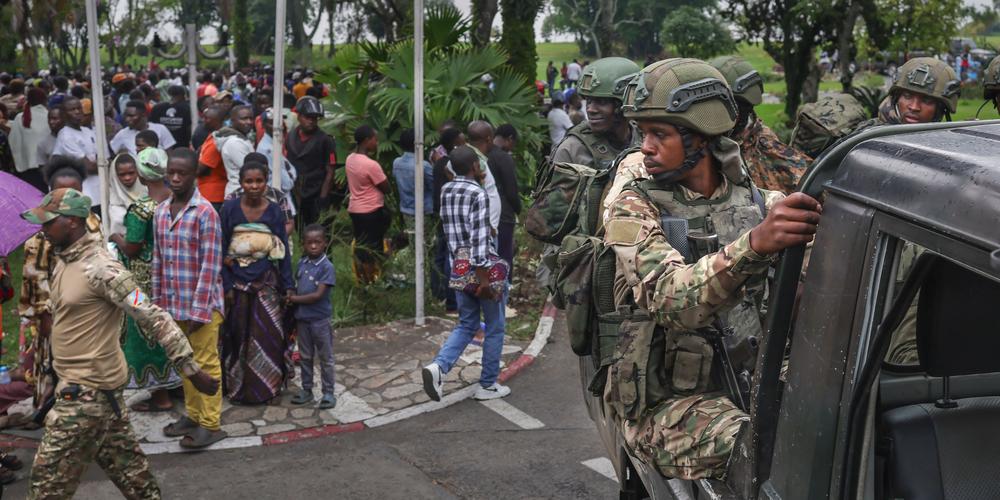The people of North Kivu, a conflict-stricken province in the eastern Democratic Republic of the Congo (DRC), have found themselves in an unprecedented situation. After being denied the opportunity to participate in the recent presidential elections due to security concerns, they are now required to pay taxes when bringing goods into government-controlled areas.
The electoral commission had cited ongoing instability caused by armed groups as the primary reason for suspending the vote in North Kivu and a few other regions. While authorities assured the affected populations that their voices would be considered in governance matters, many residents feel sidelined and politically disenfranchised.
Adding to their frustrations, new tax regulations have been imposed on those transporting goods into areas under government control. Local traders and everyday citizens are now required to pay levies on essential commodities, further straining an already fragile economy. Many residents view this as an unjust move, arguing that taxation without representation contradicts the fundamental principles of democracy.
“How can they deny us the right to vote and then turn around to demand taxes from us?” questioned Jean, a local trader in Goma. “We are already suffering from the effects of war, and now this? It is unfair.”
The imposition of these taxes has sparked outrage among North Kivu residents, with some calling for boycotts and protests. Civil society organizations have also voiced their concerns, urging the government to reconsider the decision and provide economic relief instead of adding financial burdens.
The government, however, defends the taxation policy as necessary for revenue collection to sustain public services in the region. Officials argue that despite the insecurity, administrative functions must continue, and taxation remains a vital source of funding for infrastructure, healthcare, and security operations.
With tensions mounting, the situation in North Kivu underscores the broader challenges facing the DRC. The people of this resource-rich yet war-torn province remain caught between armed conflict, political exclusion, and economic hardship. Whether the government will address these grievances remains to be seen, but for now, frustration and discontent continue to rise among North Kivu’s residents.



